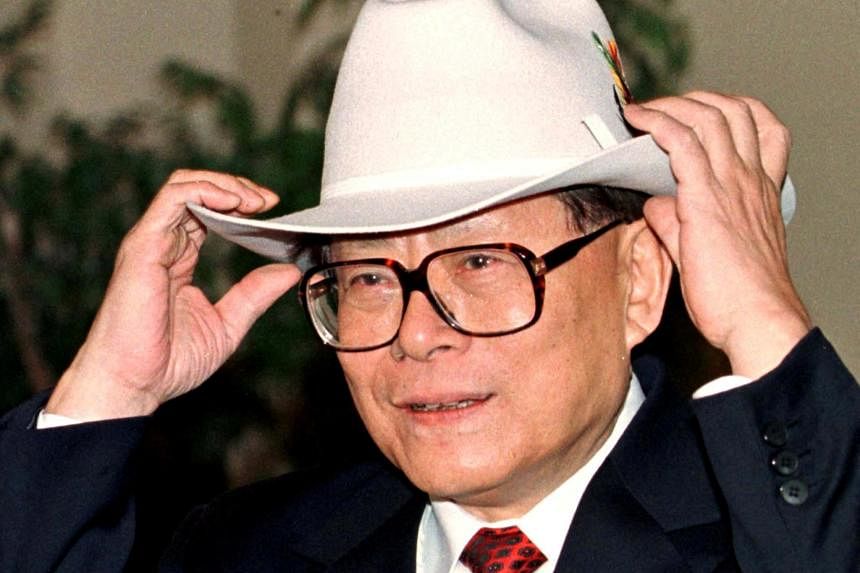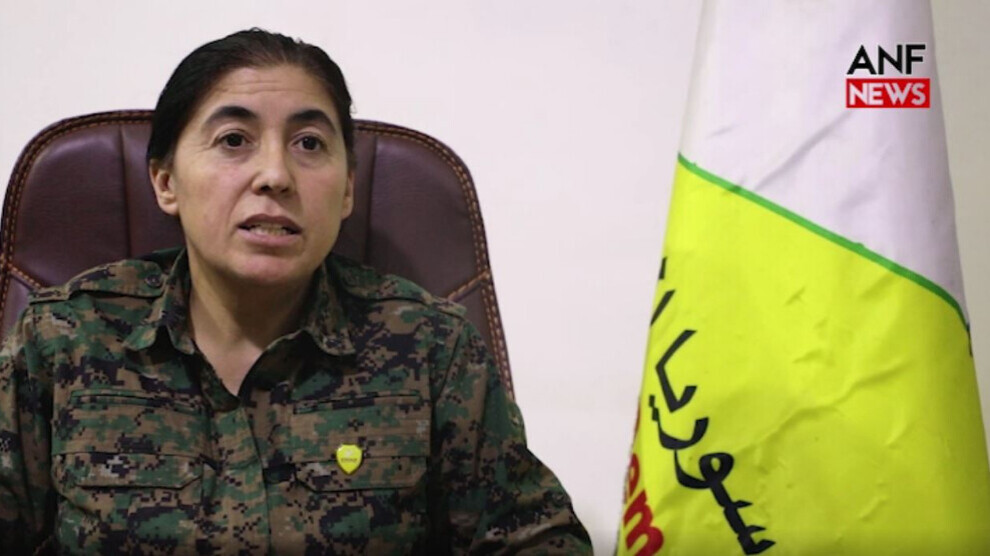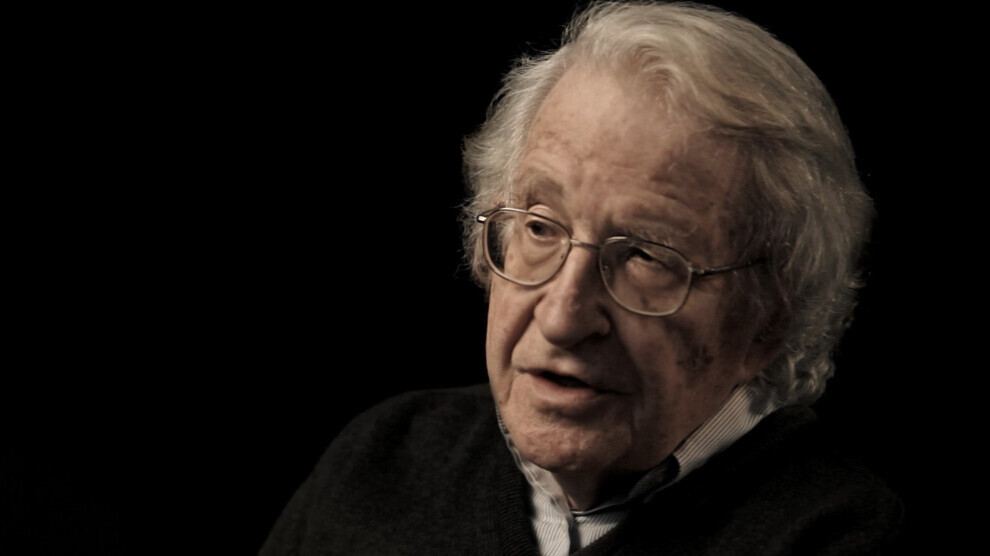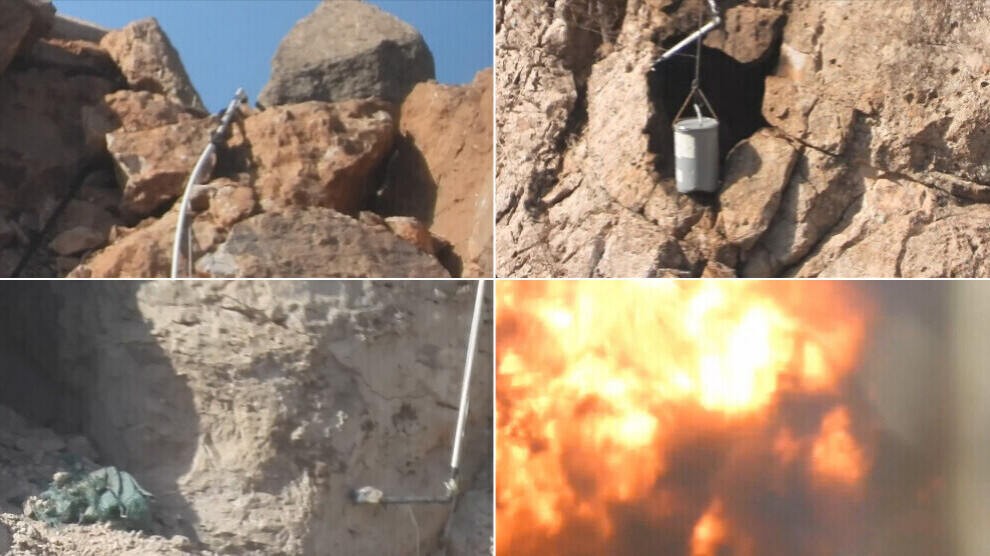
BEIJING - Irreverent memes, tributes to the late “toad king” and nostalgia for a time seen as more liberal – Chinese took to social media on Wednesday to mourn the death of former leader Jiang Zemin.
Over half a million commenters flooded a post by state broadcaster CCTV announcing the death on the Twitter-like platform Weibo within an hour, with many referring to the late leader as “Grandpa Jiang”.
Mr Jiang’s legacy is mixed – many welcomed his humorous public persona as a breath of fresh air after decades of staid communist leadership, while critics accused him of allowing rampant corruption, inequality, and the repression of political activists.
But in retirement he became the subject of light-hearted memes among millennial and Gen Z Chinese fans, who called themselves “toad worshippers” in thrall to his frog-like countenance and quirky mannerisms.
And in death most social media users looked back on Mr Jiang’s 1989-2003 tenure with nostalgia.
“It’s the end of an era,” one Weibo user wrote. “He represented our childhood and youth.
Some used Mr Jiang’s death – announced after a weekend of protests across the country over President Xi Jinping’s tough zero-Covid-19 policy – to take veiled jabs at China’s current leader.
“The Jiang era, while not the most prosperous era, was a more tolerant one,” one Weibo user wrote.
“I have heard many criticisms of him, but the fact that he allowed critical voices to exist shows how he is worthy of praise,” wrote another.
Many of the more humorous posts were censored from Weibo searches within minutes, with the results for Mr Jiang’s full name only showing state media accounts.
Others on the popular app WeChat posted links to songs titled “Shame it Wasn’t You” and “Wrong Man”, referencing Mr Xi.
Mr Jiang’s “toad worshippers” also paid their respects.
“Rest in peace, toad king,” one Weibo user wrote.
“Toad... can you take Winnie the Pooh away?“ another asked, using a banned nickname for Mr Xi.











